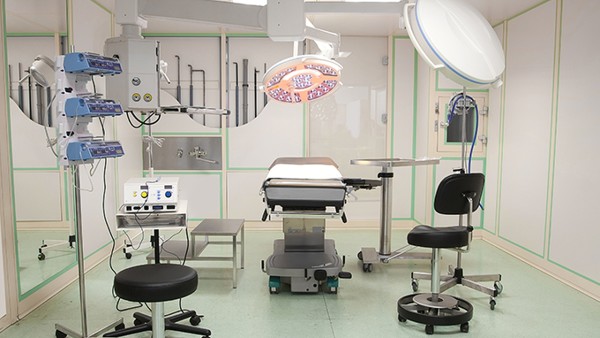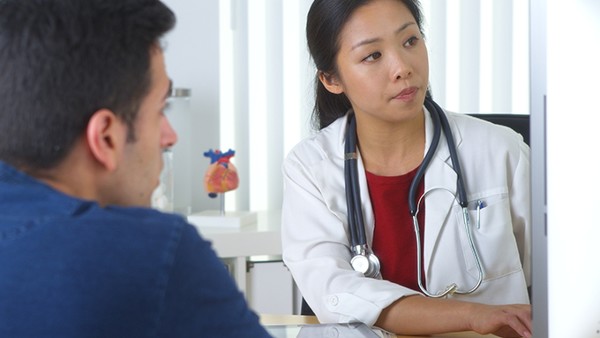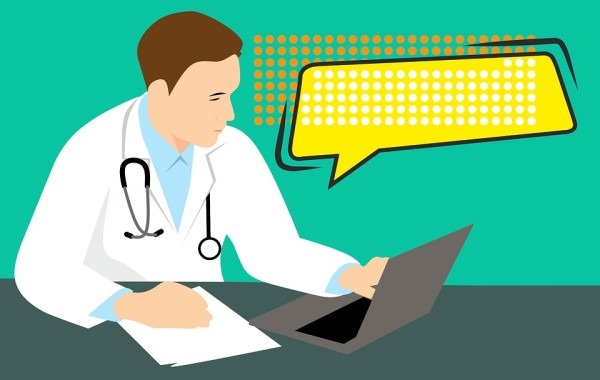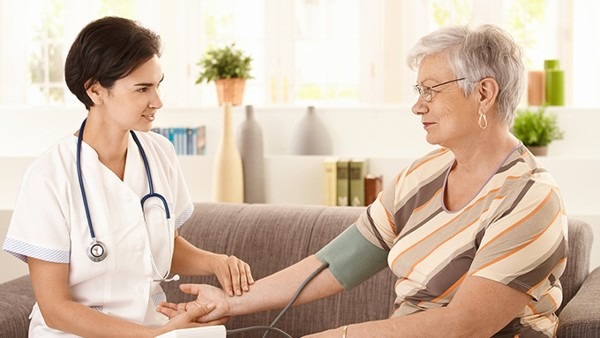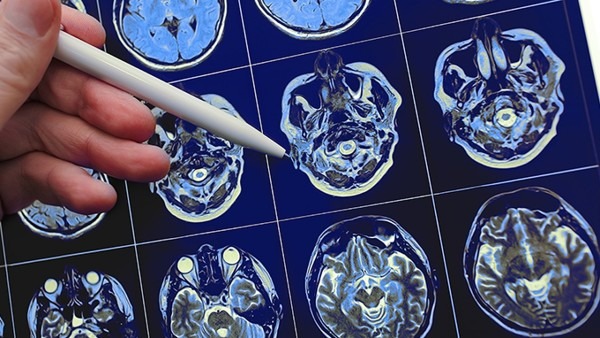What Causes Polycystic Ovary Syndrome?

Polycystic ovary syndrome (PCOS) is a common hormonal disorder that affects women of reproductive age. It is characterized by irregular periods, excess androgen (male hormone) levels, and the development of multiple cysts on the ovaries.
The exact cause of PCOS is unknown, but it is believed to be caused by a combination of genetic and environmental factors. Some of the risk factors for PCOS include:
Family history: Women who have a mother or sister with PCOS are at an increased risk of developing the condition.
Obesity: Women who are obese are more likely to develop PCOS.
Insulin resistance: Women who are insulin resistant are more likely to develop PCOS. Insulin resistance is a condition in which the body does not respond to insulin as well as it should.
Chronic inflammation: Women who have chronic inflammation are more likely to develop PCOS.
Androgen excess: Women who have excess androgen levels are more likely to develop PCOS.
How PCOS Affects the Body
PCOS can affect the body in a number of ways. These effects include:
Irregular periods: Women with PCOS may have irregular periods, or they may stop having periods altogether.
Excess androgen levels: Women with PCOS may have excess androgen levels. This can lead to a number of symptoms, including acne, hirsutism (excessive hair growth), and male-pattern baldness.
Ovulation problems: Women with PCOS may have difficulty ovulating. This can make it difficult to get pregnant.
Insulin resistance: Women with PCOS are more likely to be insulin resistant. Insulin resistance can lead to a number of health problems, including type 2 diabetes and heart disease.
Chronic inflammation: Women with PCOS may have chronic inflammation. This can lead to a number of health problems, including heart disease and cancer.
Treatment for PCOS
There is no cure for PCOS, but there are treatments that can help to manage the symptoms. These treatments include:
Lifestyle changes: Lifestyle changes, such as losing weight and eating a healthy diet, can help to improve insulin sensitivity and reduce androgen levels.
Medication: Medications, such as birth control pills and anti-androgen medications, can help to regulate periods and reduce androgen levels.
Surgery: Surgery may be an option for women who do not respond to lifestyle changes or medication. Surgery can be used to remove the ovaries or to reduce the size of the ovaries.
Conclusion
PCOS is a common hormonal disorder that can affect women of reproductive age. The exact cause of PCOS is unknown, but it is believed to be caused by a combination of genetic and environmental factors. PCOS can cause a number of symptoms, including irregular periods, excess androgen levels, and ovulation problems. There is no cure for PCOS, but there are treatments that can help to manage the symptoms.
The above is all the content that the editor wants to share with you. I sincerely hope that these contents can bring some help to your life and health, and I also wish that your life will be happier and happier.
Topic: #causes #what #polycystic
